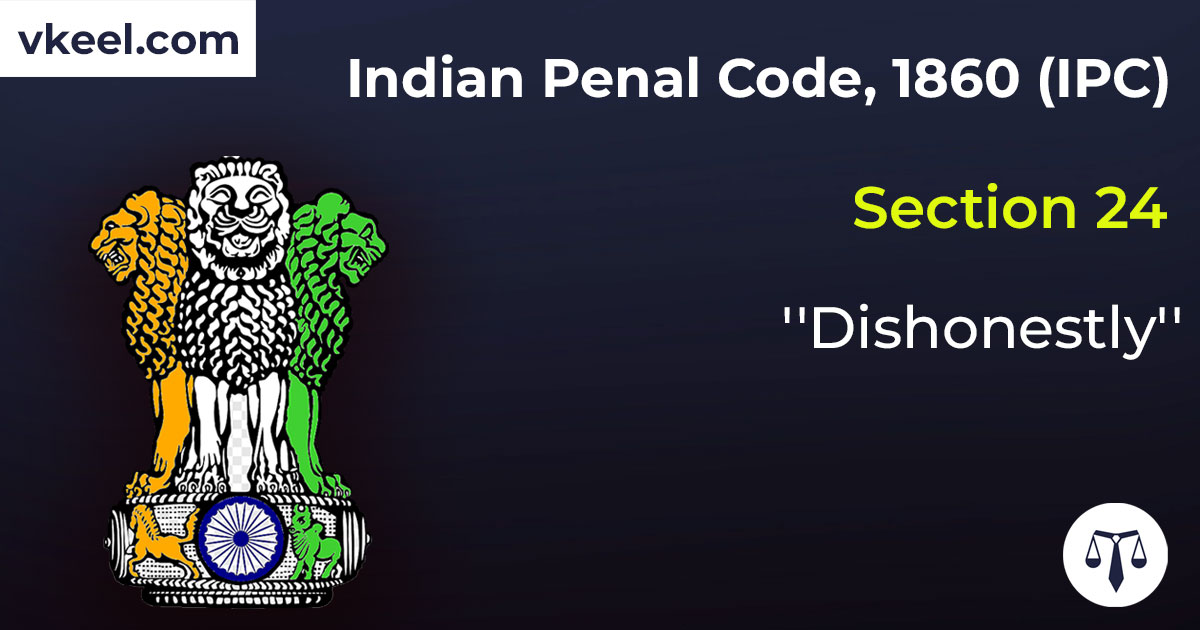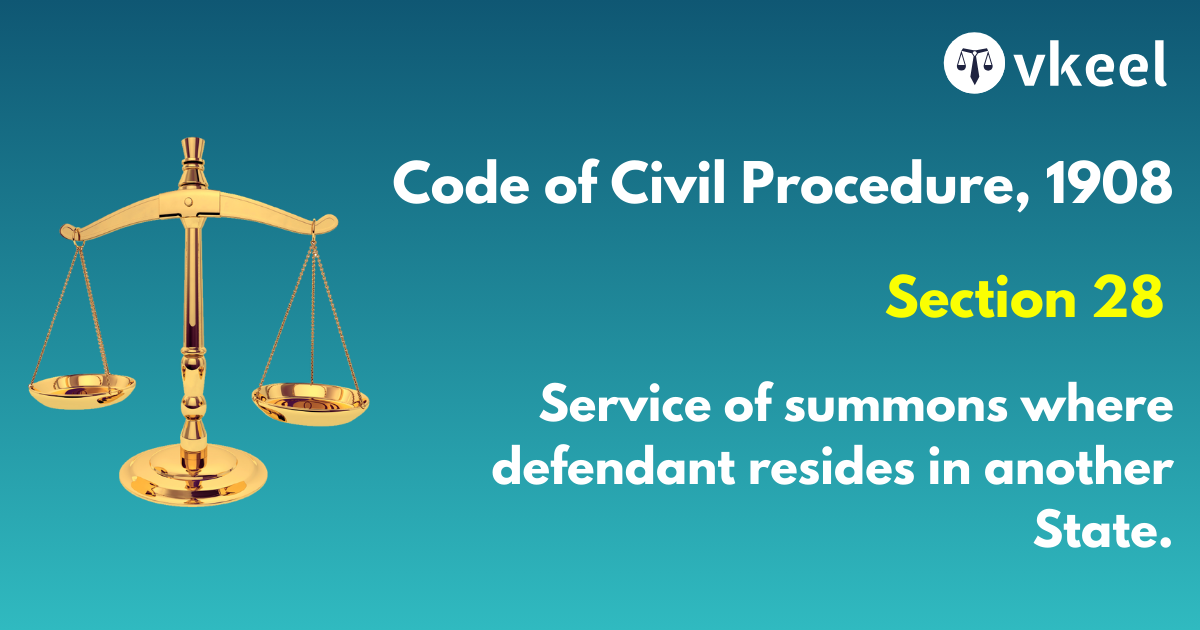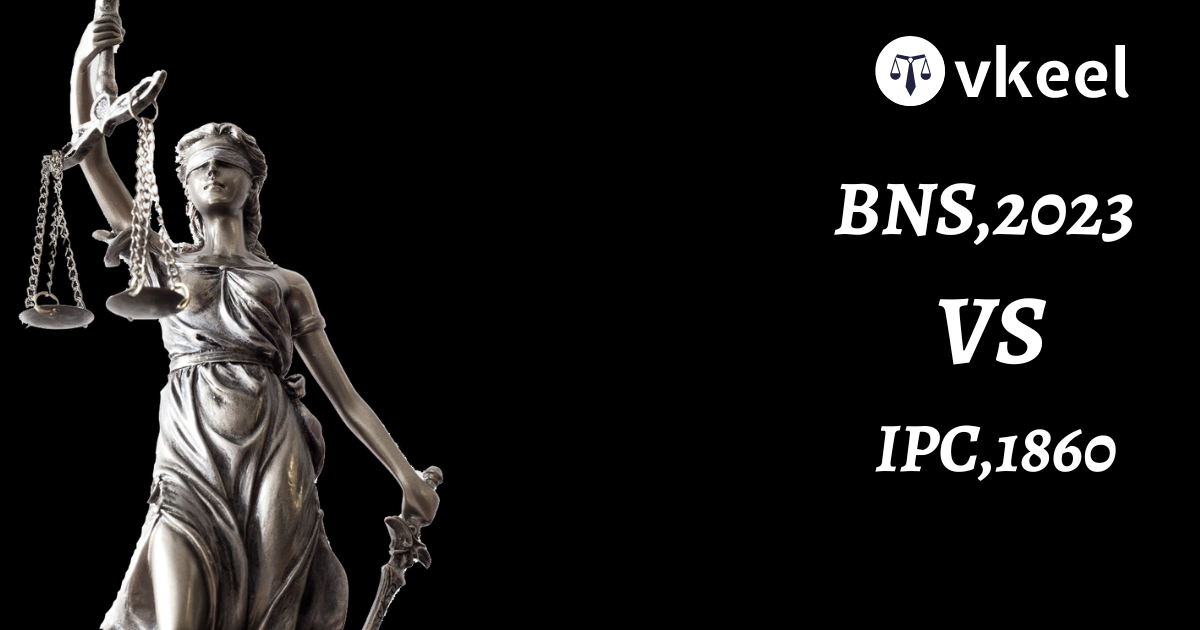Section 24 Indian Penal Code 1860 (IPC) – “Dishonestly”
By Vkeel Team
Table of Contents
Description
“Section 24 Indian Penal Code 1860 (IPC)”
Whoever does anything with the intention of causing wrongful gain to one person or wrongful loss to another person, is said to do that thing “dishonestly”.
What is Section 24 of IPC?
Section 24 of IPC defines the term “dishonestly” and states that a person is said to have acted dishonestly when he does something with the intention of causing wrongful gain to himself or wrongful loss to another person, and when he does so without a belief in the legality of his actions.
Explanation of Section 24 of IPC
The term “dishonestly” is a crucial element in many criminal offenses, and Section 24 of IPC explains the meaning of this term. The section states that a person is said to have acted dishonestly when he does something with the intention of causing wrongful gain to himself or wrongful loss to another person. In other words, the person must have a dishonest intention behind his actions.
The section further clarifies that the person must act without a belief in the legality of his actions. This means that if a person is aware that his actions are illegal, but he still does them with the intention of causing wrongful gain or loss, he is acting dishonestly.
Illustration of Section 24 of IPC
To understand the concept of “dishonestly” more clearly, let’s take an example:
Suppose, A borrows Rs. 10,000 from B and promises to repay the amount within a month. However, A has no intention of repaying the money and uses it for his personal expenses. Here, A has acted dishonestly as he had the intention of causing wrongful gain to himself by using B’s money for his personal expenses, and he did so without a belief in the legality of his actions.
Penalties under Section 24 of IPC
Section 24 of IPC does not provide for any specific penalty for dishonesty. However, it is often used in conjunction with other sections of the IPC to determine the appropriate punishment for a particular crime. For instance, if a person acts dishonestly and commits theft, he may be punished under Section 378 of IPC which deals with theft. The punishment for theft is imprisonment for a term which may extend to three years, or with fine, or with both.
Similarly, if a person acts dishonestly and causes damage to someone else’s property, he may be punished under Section 427 of IPC which deals with mischief causing damage to property. The punishment for mischief causing damage to property is imprisonment for a term which may extend to two years, or with fine, or with both.
Conclusion
Section 24 of the Indian Penal Code, 1860 defines the term “dishonestly”. It states that a person is said to have acted dishonestly when he does something with the intention of causing wrongful gain to himself or wrongful loss to another person, and when he does so without a belief in the legality of his actions. The section is a crucial element in many criminal offenses and is used in conjunction with other sections of the IPC to determine the appropriate punishment for a particular crime.
Desctiption Source: indiacode
Disclaimer:
The information provided in the article is for general informational purposes only, and is not intended to constitute legal advice or to be relied upon as a substitute for legal advice. Furthermore, any information contained in the article is not guaranteed to be current, complete or accurate. If you require legal advice or representation, you should contact an attorney or law firm directly. We are not responsible for any damages resulting from any reliance on the content of this website.












